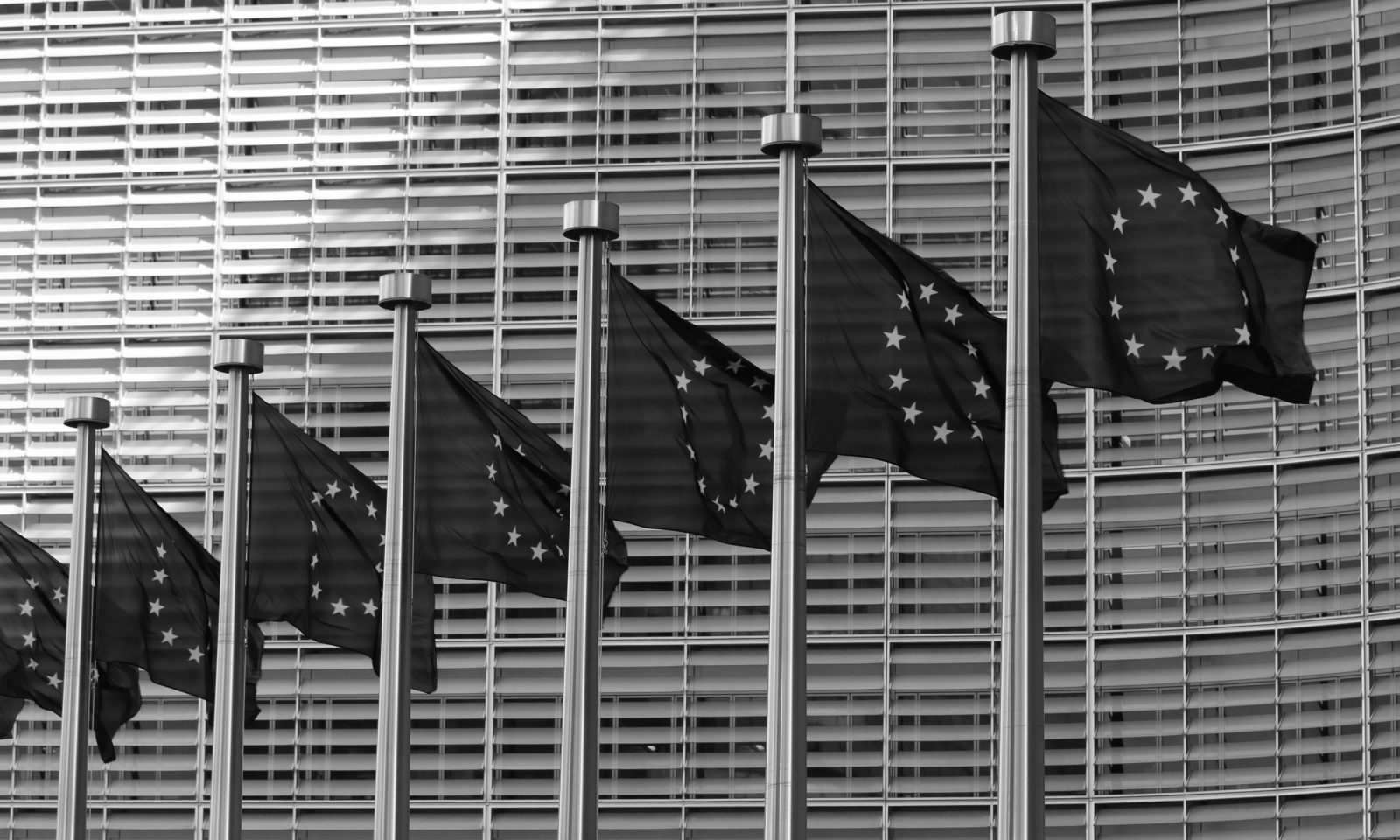Guidelines of the European Commission on the implementation of Article 17 of the DSM Directive are published!
Just a weekend before the deadline for the implementation of the Directive on copyright and related rights in the Digital Single Market (DSM Directive), more precisely on Friday, 4 June 2021, the European Commission published guidelines regarding the implementation of Article 17 of the DSM Directive.
Some countries have already implemented the DSM Directive. The initially non-binding guidelines support the approach of Germany to the implementation, which explicitly introduces an ex-ante mechanism, which other Member States should follow suit. The guidelines are otherwise very loose and, according to critics, do not provide sufficient protection of users’ rights.
The long-awaited guidelines include a mechanism that allows rightholders to override safeguards against the automatic blocking of users’ uploaded content by claiming that the use of their work “could cause significant economic damage.” This suggests that this can be almost any content. The European Commission has thus not provided clear rules with guidelines to discourage abuse of the system, so the responsibility for respecting the fundamental rights of users will be in the hands of rightholders.
The latest version of the guidelines is, in fact, a step back from the European Commission’s original commitment to preserving the fundamental rights of users, which is required in particular from the point of view of the EU Charter of Fundamental Rights.
In the future, it will be interesting to follow the decision of the Court of Justice of the European Union in Poland v. European Commission, where Poland claims that Article 17 of the DSM Directive introduces censorship, which is inconsistent with both the Polish Constitution and the EU Charter of Fundamental Rights. According to some, the guidelines are an additional argument against Article 17 of the DSM Directive.
You can read more about the guidelines on the implementation of Article 17 of the DSM Directive here.
The Grand Board of the European Union Intellectual Property Office (EUIPO) finally ruled that the figurative sign ‘COVIDIOT’ cannot be registered as an EU trademark.
The 4th Open Knowledge Day took place on Tuesday 17 October 2023, with an accompanying workshop on 18 October 2023. This year it was organised by the Open Data and Intellectual Property Institute (ODIPI) and supported by Knowledge Rights 21 (KR21).
We invite you to the fourth Open Knowledge Day and the workshop, which will take place this year within the framework of the programme and with the support of Knowledge Rights 21. The event will bring together experts from different European countries to discuss two topics: the first part will deal with the legal basis for data analytics, which is a key part of machine learning and related artificial intelligence, and the general exception for research. In the second part, open science in theory and practice will be presented both in Slovenia and in some Western Balkan countries. Representatives of research and educational institutions from Slovenia and the Western Balkan countries, as well as interested members of the public, are invited to attend.
Dr. Maja Bogataj Jančič, a renowned expert in copyright law, has joined the Berkman Klein Center for Internet & Society at Harvard University, where she will serve as an affiliate researcher for the next two years.





